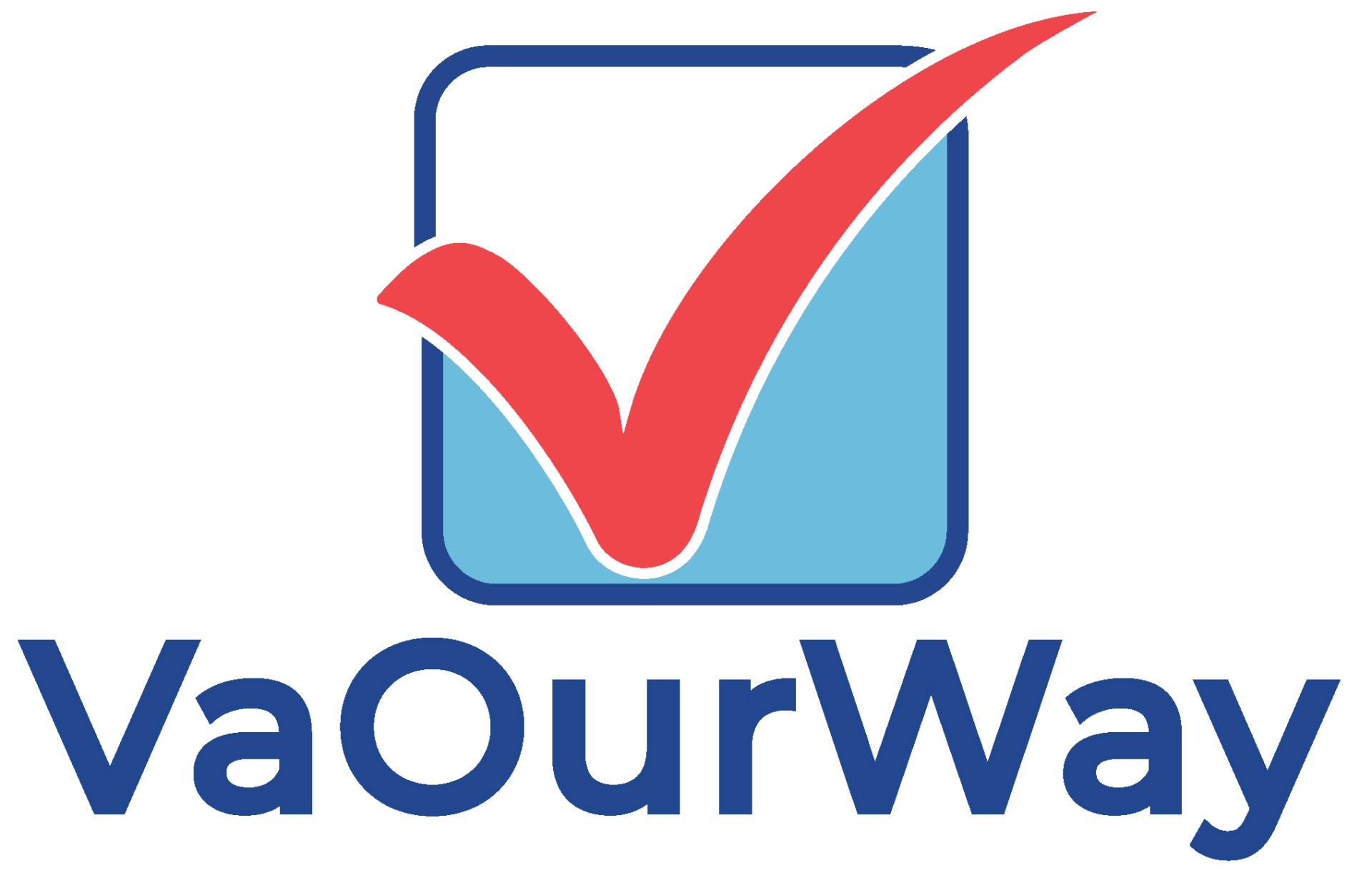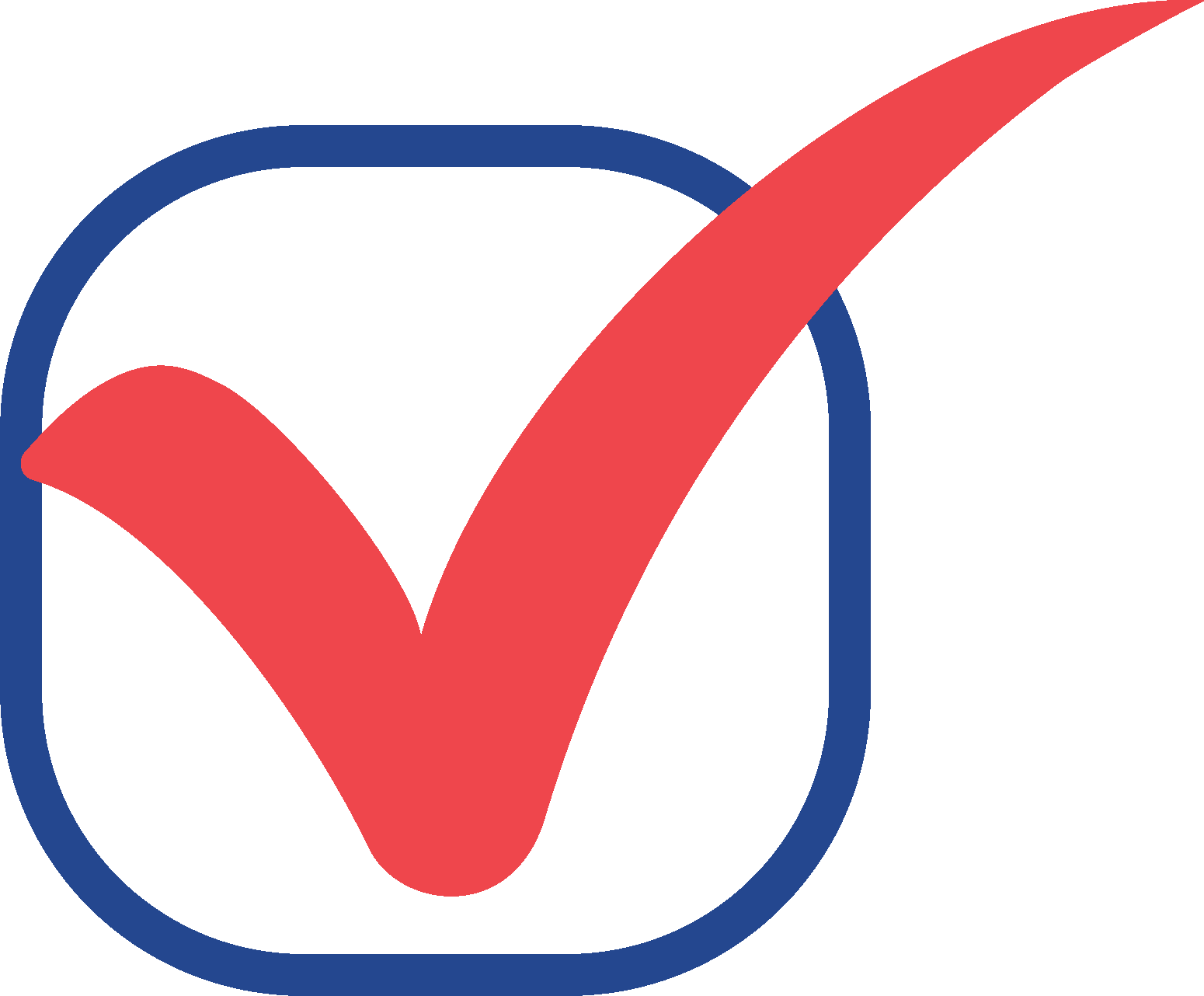Looking Back at the 2021 General Assembly
Virginia’s 2021 General Assembly has wrapped up another historic session. In a little over six weeks, the state’s legislative body has considered hundreds of bills, covering everything from paid sick leave to electric vehicles, criminal justice reform to the election process. Here’s a look at some of the most topical legislation that has come before the General Assembly these past few weeks.
The COVID-19 pandemic left its mark on the 2021 General Assembly session. This has been most apparent in the way the body met; the House of Delegates conducted its business entirely remotely, while the Senate met at the Science Museum of Virginia, which allows for more adequate social distancing than the space in the State Capitol could have provided for.
But beyond these spatial changes, the presence of COVID-19 can also be felt in certain legislation the General Assembly considered, especially in the realm of health care. A bill requiring employers to provide paid sick leave to employees who work at least 20 hours a week or 90 hours a month is heading to the Governor’s desk. HB 2137 allows for an employee to earn at least one hour of paid sick leave benefit for every 30 hours worked and also allows the employee to use paid sick leave to tend to family members requiring health care.
Further reflecting the reality that COVID-19 has thrust Virginia into, SB 1338 directs the state Board of Medical Assistance Services to provide payment for remote patient monitoring services. At a time when going to a physical medical center could come with health risks, the bill provides telemedicine services for patients including high-risk pregnant persons and patients who have recently undergone surgery.
The 2021 General Assembly session — which comes on the heels of the contentious 2020 election and just months before Virginians will once again return to the polls — saw a number of bills that dealt with how the state conducts its election process. Perhaps most significantly, SB 1395 prohibits any practice that prevents individuals from voting on the basis of race and color. And in the wake of an election that saw a record number of people casting absentee votes, HB 1888 requires the establishment of drop-off locations for absentee ballots, suggesting the way that Virginians vote could forever be transformed.
In a difficult session for campaign finance reform, HB 1952 — which would have made the personal use of campaign funds illegal — was rejected by a Senate committee after passing the House of Delegates unanimously. The bill will be sent to a commission for study. HB 1906 never advanced out of committee, but would have prohibited all political contributions from corporations; Virginia is one of just five states in the country without any limits on corporate contributions.
Recent decades have seen major changes to the way students learn. And yet, it’s been 21 years since the Joint Legislative Audit and Review Commission has taken a look into the cost of education in Virginia. That could be changing soon, with SJ 294 directing JLARC to study the true cost of education in the state; the report will give Virginians a picture of where the state is in terms of education funding and where the state needs to be. Another education bill, SB 1405, provides financial assistance to community college students who are pursuing careers in high-demand fields. Known as the Get Skilled, Get a Job, Give Back Fund and Program— or G3 — the legislation was a top priority for Governor Ralph Northam.
The General Assembly also took action to promote the use of clean energy in the state. Recognizing the role automobiles play in contributing to the ongoing climate crisis, HB 1965 directs the State Air Pollution Control Board to adopt California’s low-emission vehicle standards. The bill also sets standard percentages for the number of electric vehicles sold by manufacturers in the state starting in 2025. Further incentivizing the use of electric vehicles, HB 1979 gives those who purchase or lease an electric vehicle a $2,500 rebate at the time of purchase. Also working toward the goal of a clean energy grid is HB 1899, which ends the Virginia Coal Employment and Production Incentive, which provides a tax credit for coal purchased and consumed.
The 2021 session saw a number of bills introduced with the aim of reforming the way energy utilities and energy consumption is regulated. HB 2160 would have required public utilities to credit 100% of over-earnings to customer bills and would have given the SCC more discretion in adjusting rates. Similarly, HB 2200 would have required utilities to credit 100% of over-earnings to customer bills while also eliminating Dominion Energy’s $50 million limit on refunds. HB 2048 would have allowed customers to buy renewable energy from any licensed supplier, not just from utilities. All of these bills were killed in a Senate committee.
Finally, two bills broadly concerning criminal justice reform made headlines throughout the country as they advanced through the General Assembly. HB 2263 abolished the death penalty in Virginia; though Virginia has executed more people in its history than any other state, it has now become the first state in the South to abolish capital punishment. And legalization of marijuana in Virginia was successful with the passage of SB 1406, which includes provisions to provide resources to communities that have been disproportionately affected by drug policing.





